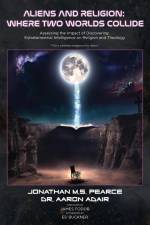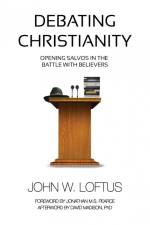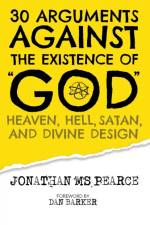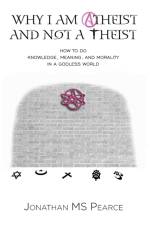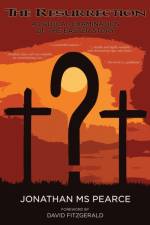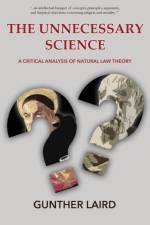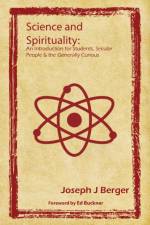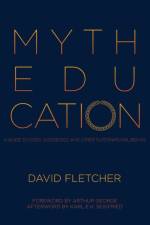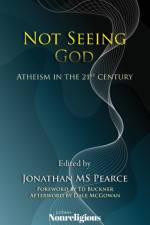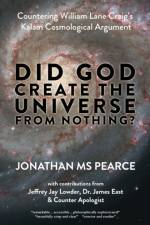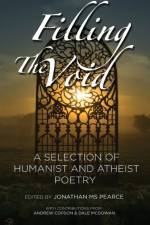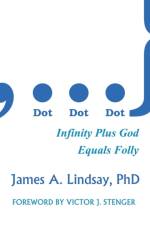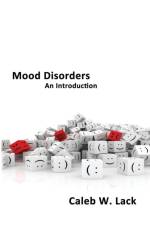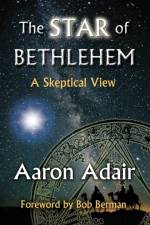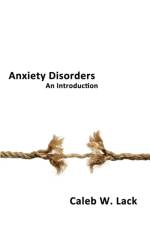- A Selection of Humanist and Atheist Poetry
261
There is often thought, by theists, to be a void in humanist and atheist lives; a god-shaped hole. For many atheists, though, that void is amply filled with meaning and purpose, nobly and morally built up out of philosophy and living a fulfilled life. This volume helps to document that through a wide variety of verse, form, and content with poems from an interesting array of writers, detailing a range of emotions and thoughts.There has been a void, a lacking, of collections of atheistic artistry, and this selection hopes to remedy such a situation, and in doing so seeks to show how humanists can and do weave lives that are rich tapestries of morality, purpose, awe and wonder. "Jonathan Pearce has done us a great service in producing this anthology. Filling the Void is eclectic, witty, arresting, philosophical, and fun. It charts a course through the emotional landscape of atheism and fills a niche in humanist literature that's been vacant for far too long." David Warden, Chair of Dorset Humanists"Read this extraordinary book; feel the wonder and take delight in the fact that we are that singular facet of the universe able to contemplate itselfthrough science and artand to create poetry in the intersection of the two." David Fitzgerald, author of Nailed and The Complete Heretic's Guide to Western Religion series"Divinity Pearced by worded structureWandering from blinding sands to southern birdsPoems for our secular timesThis anthology of freethinking poems, ranging from poignant to humorous, from ancient voices to modern songs, encapsulates the thoughts of many secular folks. See what a few meters of these works may do for you and inspire further reflection in a new way." Dr Aaron Adair, author of The Star of Bethlehem: A Skeptical View"In Filling the Void, Jonathan MS Pearce has put together an anthology of valuable literature for humanity. Verse speaks to us in ways that prose cannot, and here, for those lacking belief in God, we find people given an often-silent voice. Sometimes wry, sometimes struggling, sometimes defiant, poignant, or beautiful, the poetry in Filling the Void expresses the contemporary nonbeliever's experience in truly human terms." James A. Lindsay, author of Dot, Dot, Dot: Infinity Plus God Equals Folly and Everybody Is Wrong About God"Many books about atheism focus on science or challenging religious dogma so it can be difficult to find literature on how nonbelievers find meaning in their lives. Filling the Void shares the perspectives of a diverse group of atheists who express how they grapple with reality and their emotions. Jonathan Pearce has provided a necessary addition to atheist and humanist literature with this beautiful anthology." Matthew Facciani, sociologist and activist, blogger at According to Matthew"This collection vibrantly showcases the fact that having a naturalistic, scientific worldview in no way means one can't experience the grandeur and majesty of life and the universe...or have a wickedly keen sense of humor about that whole god idea. Filling the Void should do just that for most readers: plug a hole in their book collection nicely, showcasing the overlap of humanism and literature, of science and verse, of religious criticism and rhyming constants." Dr. Caleb Lack, Director of the Secular Therapist Project; author of Critical Thinking, Science, & Pseudoscience: Why We Can't Trust Our Brains



